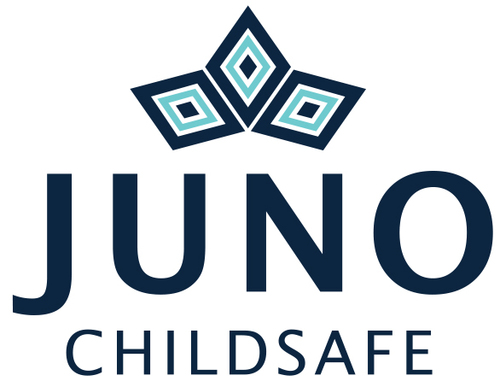It’s easy to assume that many common medicines are quite harmless considering their widespread use and easy availability - at the supermarket, from the corner store and over the counter at the pharmacy.
But common medications such as those containing paracetamol and ibuprofen, for example Panadol and Nurofen, while very safe when used correctly, can be toxic in young children in small doses. They are the drugs most commonly associated with accidental poisoning requiring medical treatment in young kids (1). Many other medications, such as heart and diabetes drugs, can be toxic in even smaller doses.
The lack of public knowledge associated with these risks was very apparent while speaking to parents and parents-to-be, as well as grandparents, at the Essential Baby and Toddler Show in Sydney recently.The majority of these committed, loving and safety-conscious people were shocked when presented with the risks and statistics.
One young family in particular really highlighted this knowledge gap. After telling me their young daughter had taken her dad’s medication twice after he left it out on a bench top, they assured me it was okay because “it only happens once in a blue moon”. They didn’t seem to realize that sometimes once is enough to cause serious, and sometimes lifelong, harm to their child. That is why there is a worldwide initiative aimed at educating parents about the risks, including the fact that in some instances, one pill can kill (2).
They went on to say that accidental double-dosing was more of a problem for them. The same daughter has a chronic health condition requiring regular medication. Sometimes mum and dad get confused or don’t communicate adequately, resulting in their daughter receiving double the prescribed dose of her medication.
Incorrect dosing can occur for other reasons such as miscalculating the dose required for the child’s weight. This issue is the focus of the children’s day of the upcoming Be Medicinewise Week 12-18 October. NPS MedicineWise also has a great fact sheet on how to be medicine wise with children.
Source:
1. NSW Poisons Information Centre report 2013
2. SafeKids Worldwide - Keeping Families Safe Around Medicine, March 2014
Nadine Meehan
